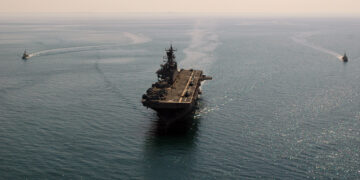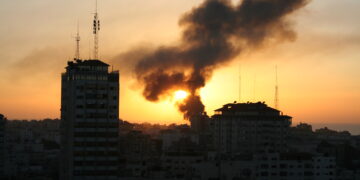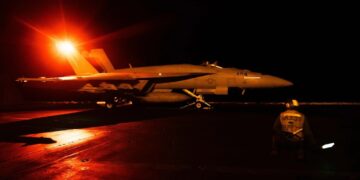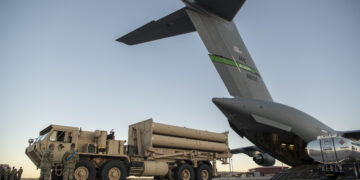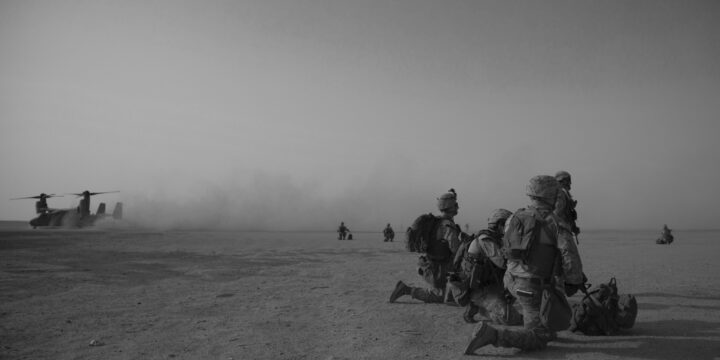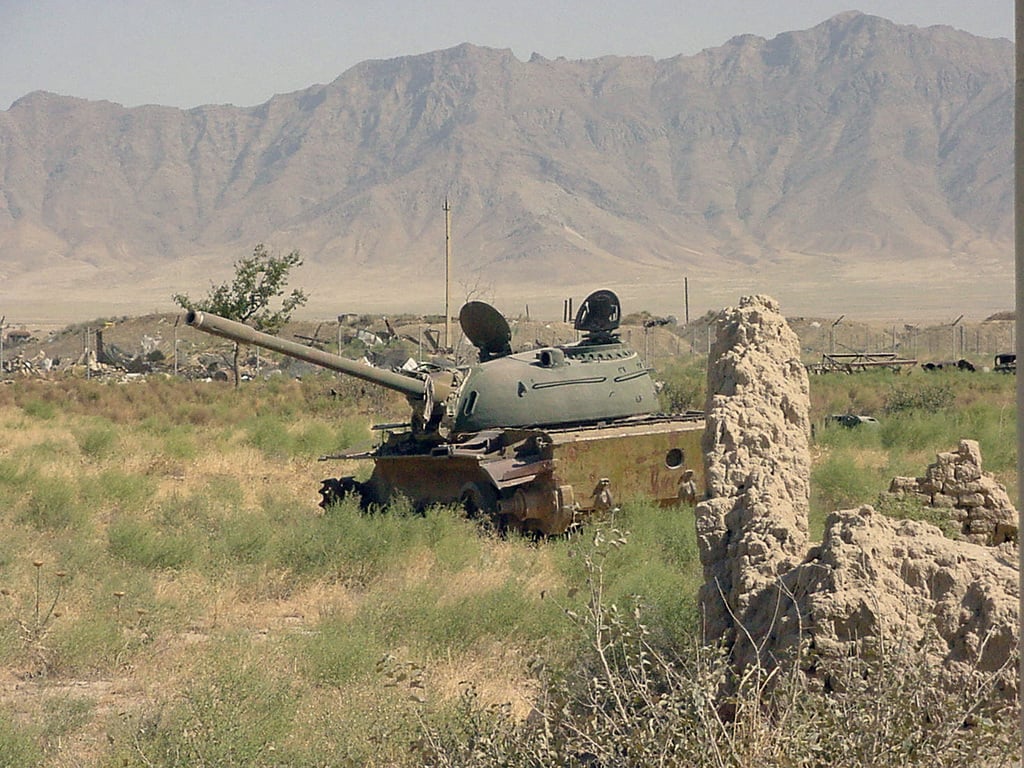
Russia’s 2015 military intervention in Syria was a bold assertion of its great power ambitions, rescuing Bashar al-Assad’s regime and projecting influence in the Middle East. However, recent rebel advances and Assad’s sudden deposal threaten to isolate Russia’s Khmeimim airbase and Tartus naval facility, undermining both the practical and symbolic foundations of Moscow’s global power status.
The fall of Assad promises to be a major blow to Russia, which is already bogged down in Ukraine. Its ramifications are likely to be felt across Moscow’s foreign policy, which could soon face some stark and unenviable choices.
The Russian presence in Syria is central to the Kremlin’s broader strategy of force projection. Its Mediterranean bases allow Moscow to sustain military operations in the Levant, North Africa, and beyond, countering U.S. influence. With the key city of Homs having fallen to the rebels, supply routes to Khmeimim and Tartus have been severed, forcing reliance on vulnerable air and sea routes. This will weaken Russia’s operational readiness and its ability to influence events in neighboring theaters, including Africa.
Khmeimim also serves as a logistical hub for Russian private military contractors (PMCs) like the Wagner Group, active in Libya, Mali, and the Central African Republic. These contractors are central to Moscow’s efforts to expand its influence in Africa, providing security and securing lucrative economic deals. With Khmeimim isolated, sustaining these operations would become costly and inefficient, reducing Moscow’s ability to achieve its geopolitical objectives on the continent.
Read article in Real Clear World
Author

Andrew
Latham
Non-Resident Fellow
More on Middle East
Events on Syria



